“Women for Bees”: Empowering Women Through Modern Beekeeping in Rwanda
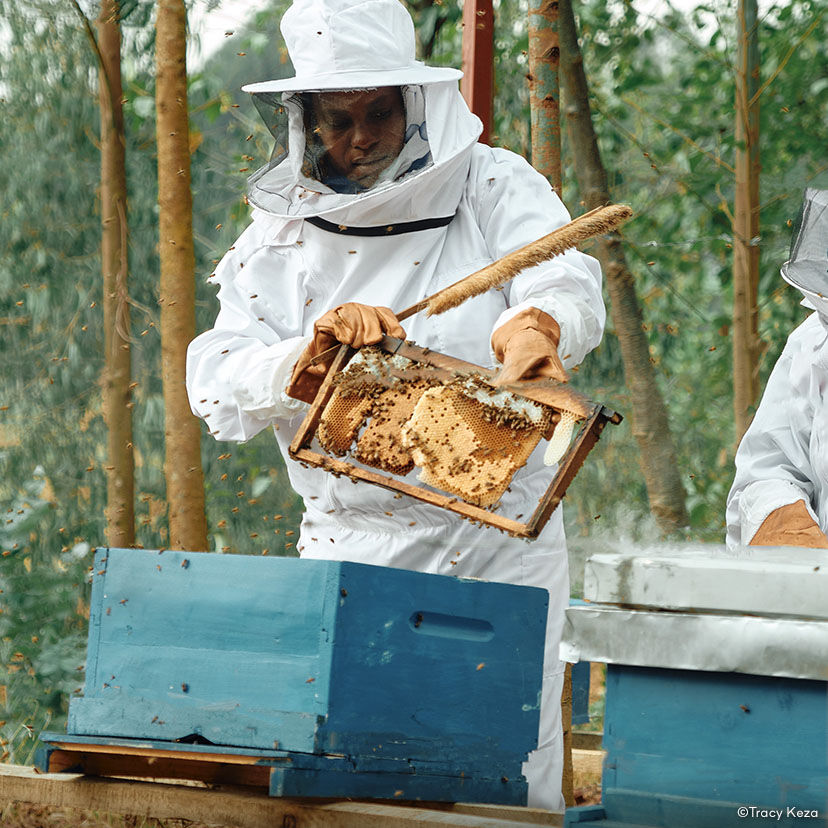
In Rwanda, women beekeepers are making significant strides in transforming their craft, aided by initiatives from the UNESCO Rwanda National Commission and Guerlain. By shifting from traditional methods to modern beekeeping practices, these women have not only enhanced honey production but also significantly improved its market quality. This evolution in their beekeeping approach demonstrates the potential for women to uplift their communities economically while preserving the environment.
Mushimiyimana Valentina is a shining example of this transformation, having dedicated 18 years to beekeeping. Her journey began in her childhood, working alongside her parents who practiced traditional beekeeping. “I grew up watching my parents make money, and I thought it was a good career choice,” she stated. In 2009, under the encouragement of her father, she transitioned to modern beekeeping techniques.
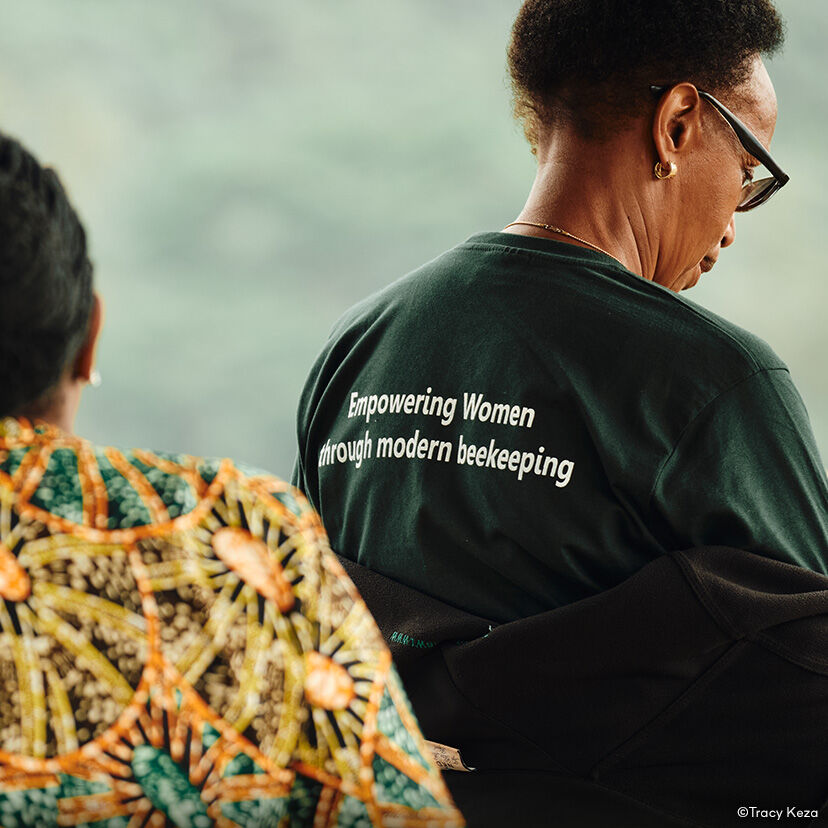
Initially, Valentina expressed fear of the new methods, fearing a loss of tradition and stability. However, she added, “When UNESCO intervened, they trained us and encouraged our shift from traditional to modern beekeeping. After training, production increased, except during bad weather.” With this newfound knowledge, they embraced modern practices and realized a remarkable boost in both the quantity and quality of their honey. Today’s honey, she explained, is far superior, free from the unpleasant smells of smoke or tobacco that often permeated their traditional methods.
Partnership with Rutsiro Honey Limited, their processing company, has enabled these women to tap into the economic potential of their honey. The company launched a honey wine, which has created significant economic value for the beekeepers. “When the processing company grows, we benefit too,” Valentina remarked. “Previously, we disposed of collected beeswax, not knowing its worth. Now, everything from the bees is valuable, and we earn from it.”
Despite these accomplishments, challenges remain. Valentina pointed out limited space for hive placement, as regulations disallow beehive placement in Gishwati National Park. This has constrained their ability to expand. Additionally, she mentioned issues with thieves targeting their hives and honey, making their beekeeping operations less secure. “Finding safe locations for our hives has become increasingly difficult,” she said, highlighting a significant concern for many beekeepers in the region.
Another inspiring voice in the initiative is Mukasine Emelienne, one of the 33 women trained by UNESCO Rwanda National Commission. She began her beekeeping journey in 2007 after recognizing the significant benefits others were reaping from the practice compared to traditional agriculture. “Even though it’s difficult, I’ve earned significantly and gained confidence,” she shared. “I can now contribute to household bills and school fees.” Emelienne’s success stories reflect a broader trend in the region as more women venture into beekeeping, empowering themselves financially and socially. She also expressed a desire for greater training opportunities, suggesting that UNESCO expand its program to accommodate more women who are eager to learn and grow in this field.
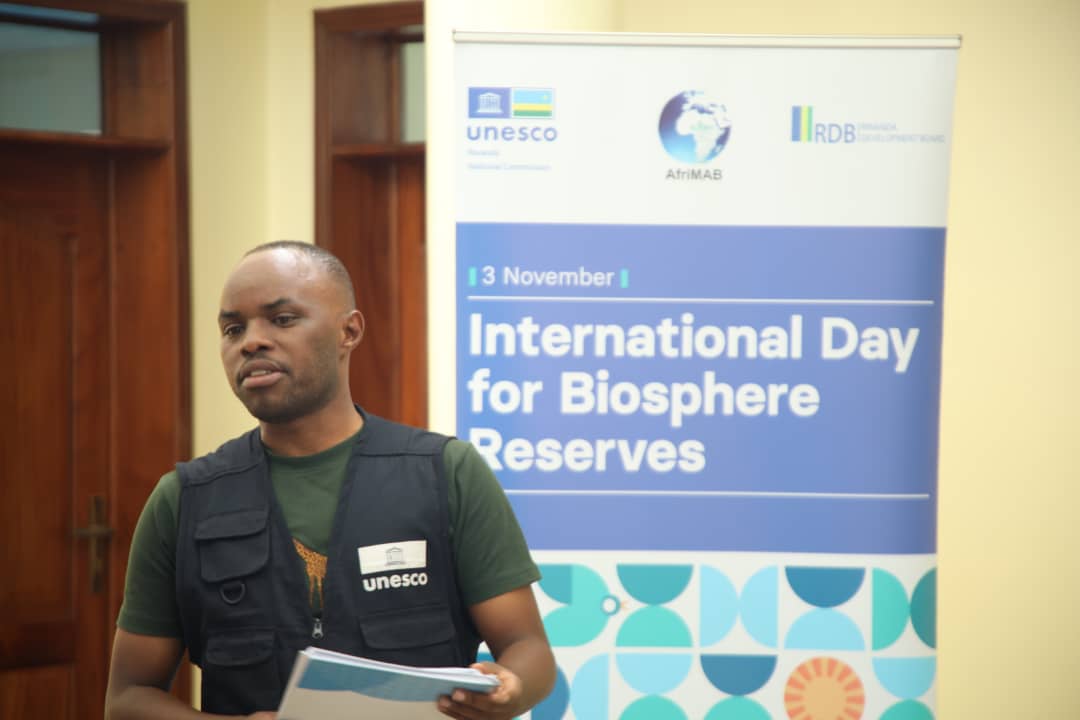
Dominique Mvunabandi, who serves as the Director of the Science, Technology and Innovations Unit at UNESCO Rwanda National Commission, noted the importance of ongoing training for women beekeepers around the Gishwati-Mukura Biosphere Reserve. He emphasized the plans for future training sessions designed to best meet the needs of the participants. “The training’s short duration was a challenge, but we will focus on courses tailored to their needs,” he stated. “They want to learn about modern beekeeping techniques as well as product creation from beeswax.”
Future training will encompass not only best practices in beekeeping but also essential information about flowering plants critical for bee forage. Learning about various machines and protective clothing used in the industry will also be emphasized, which will further equip these women with skills that enhance their overall productivity and safety.
As part of their commitment to sustainability, the project has provided each cooperative with 30 modern beehives. The second phase of the initiative aims to add an additional 20 beehives to each site to facilitate continued growth and stability for the women involved. Rutsiro Honey Limited collects honey from across the Gishwati-Mukura Biosphere Reserve, including three cooperatives that operate in collaboration with UNESCO.
Different cooperatives across the Gishwati-Mukura Biosphere Reserve, composed predominantly of women, are a vital part of the local economy. Approximately 221 women out of a total of 429 members participate in these beekeeping initiatives, demonstrating the gender impact of these programs.
Nyirakamineza Marie Chantal, the President of the Union des Cooperatives Apicole de Gishwati (UNICOAPIGI) and Director of Rutsiro Honey Limited, expressed immense pride in the achievements of their cooperative. “Today we process honey in different ways, such as crystallized and liquid forms, but we have also started to produce wine from honey,” she reported. “The honey wine, released at the end of October 2024, has received positive feedback in the market. We actively seek marketplaces for it, and it is gaining popularity rapidly.”
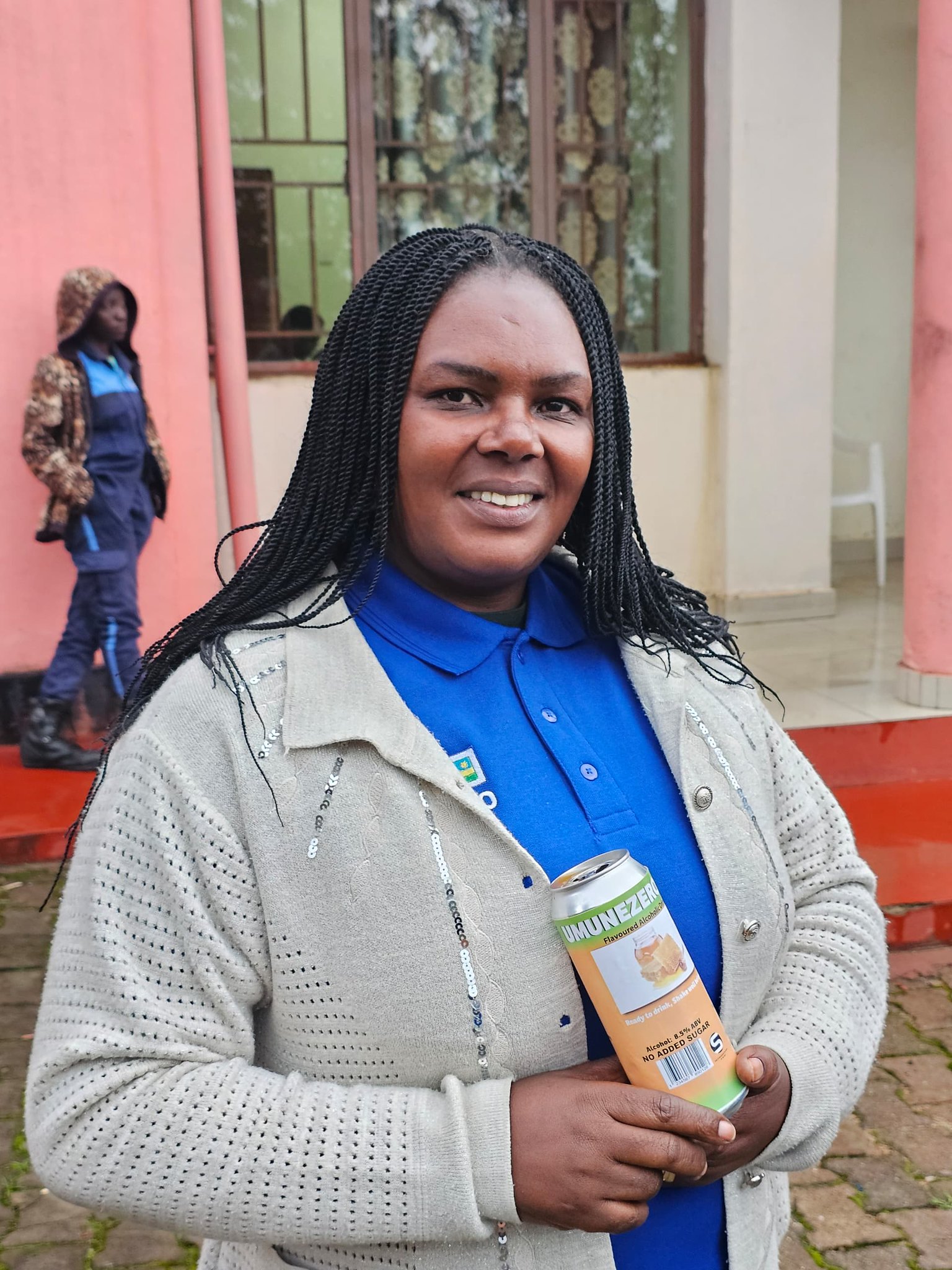
Rutsiro Honey Limited collaborates with local authorities, including the Rutsiro District and the National Industrial Research and Development Agency (NIRDA), under the Ministry of Trade and Industry (MINICOM) to bolster these beekeeping cooperatives. Given the area’s rich biodiversity, characterized by forests and flowering plants, it acts as an ideal environment for thriving bees.
Currently, the factory has the capacity to process around 180 tons of honey but typically receives and processes only about 50 tons, approximately 30% of its capacity. This discrepancy highlights the potential for growth, especially given heightened demand in foreign markets. “In the past, between 2017 and 2018, we only received between two to five tons per year,” Nyirakamineza explained. “Today, we are on track to receive 50 tons, thanks to the increased production output from our cooperatives.”
Alongside honey and wine production, there are plans to diversify with additional products such as candles, lip balms, and cosmetics, thus expanding their offerings and further contributing to economic development within their communities.
Women for Bees Project
The “Women for Bees” program, initiated by UNESCO and Guerlain in 2020, aims to empower women in the beekeeping field. It emphasizes training and knowledge-building to enable women to excel in beekeeping and conservation. Following its success in other regions, this initiative reached Rwanda, primarily in the Gishwati-Mukura Biosphere Reserve. Local women interested in beekeeping received invaluable training in modern practices and biodiversity conservation.
This program, framed within a broader objective of empowering women and backed by scientific insights, has completed its first phase and is gearing up for a second phase. This upcoming phase promises to build on its successes, ensuring that more women can benefit from the skills and opportunities provided through modern beekeeping practices. Last year, UNESCO Director-General Audrey Azoulay personally visited some of the 33 women who underwent training in modern and sustainable beekeeping, further emphasizing the global interest in and support for women’s contributions to agriculture and sustainability.
The commitment to empowering women through beekeeping in Rwanda has not only improved the standard of living for these individuals but has also instilled a sense of pride and community among them. As they continue to break barriers and forge a path for future generations of women beekeepers, the impact of initiatives like the “Women for Bees” project resonates far beyond their immediate results, fostering a sustainable and inclusive future for all involved.
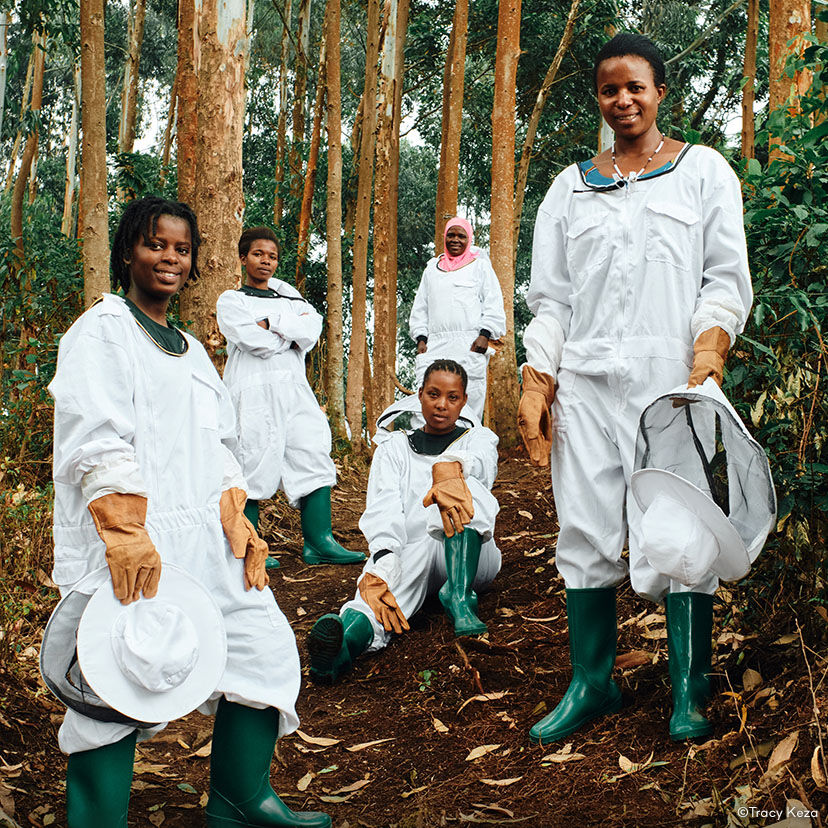
Related Articles
Global Agri & Food Safety Congress 2026: Building Resilient Food Systems in a Changing Climate
On 26–27 February 2026, international experts, researchers, industry leaders, farmers, and policymakers...
Why Animals Are a Key Piece of Africa’s Disaster Resilience Puzzle
Across Africa, people and animals have coexisted for centuries, not just sharing...
Leaders Call for Stronger Monitoring to Turn Ecosystem Restoration Commitments into Results
Nairobi, Kenya — 27 January 2026 Country and regional leaders, alongside technical...
Worm Tea: A Natural Path to Farming Without Harmful Chemicals
For much of his early farming life, Isaac Mubashankwaya believed chemical fertilizers...



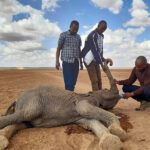

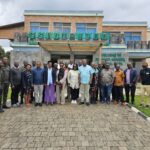




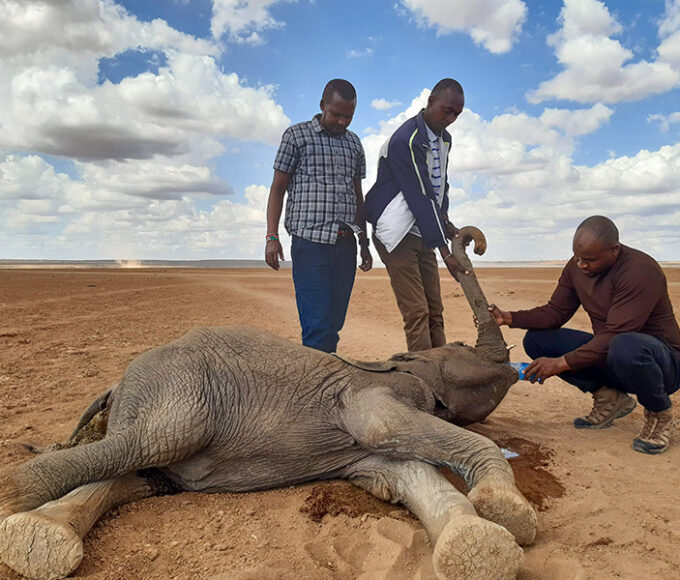
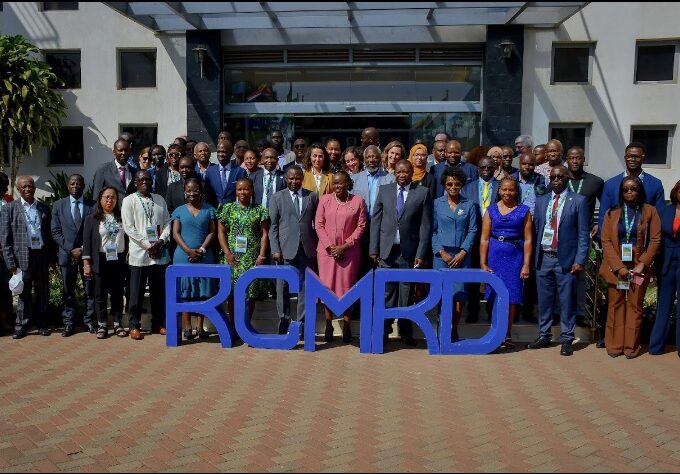
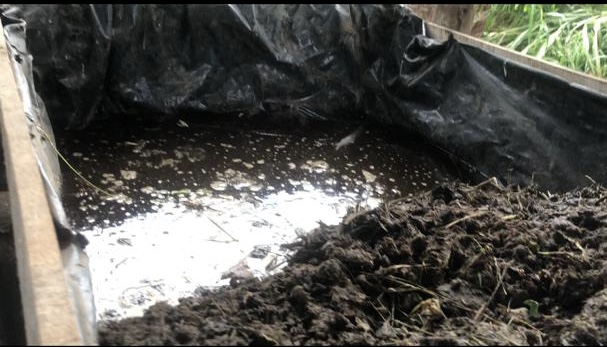
Leave a comment